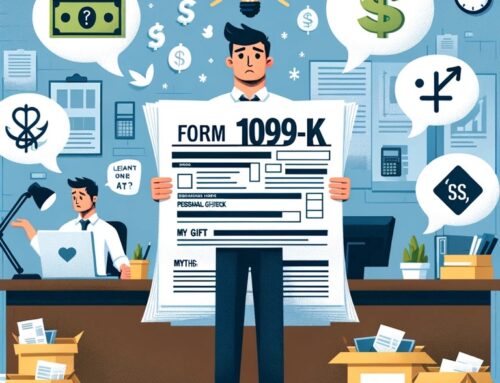Taxpayers have many options available to save and lower their tax liability before the year-end. Often, it comes down to planning, saving, and working with your tax professional.
One way to use tax planning is to find out what your taxable income is prior to year-end and what tax bracket you are going to be in so you can plan for the tax liability to come. The current year final estimated tax payment is due January 15th of the following year. If you save money and pay the majority of your planned tax bill at that time, you will not have such a large burden at the due date of your income tax return.
Some more ways to save a significant amount in tax and to defer your tax liability is to contribute to a retirement plan by year-end or by the due date of your tax return. As a business owner, there are many more retirement product options for you such as SEP IRAs, SIMPLE, Keogh accounts, HSAs, and Solo or Regular 401(k) Plans. These type of accounts have significantly higher contribution limits (sometimes up to or over $49,000) and, depending on your adjusted gross income (AGI) and age, can lower your tax bracket and definitely decrease your current year income tax.
One final recommendation for taxpayers is to use a strategy called “bunching”. An example of bunching expenses is paying for an expense during November or December that you would normally pay in January or February. This way if you are a cash-basis taxpayer you can write-off the expense in the current year. Another way to use bunching is, for example with property taxes, wait to pay the current year tax in January of the next year and pay the next year’s tax on time. That way you “double-up” on that expense in the following year. Increasing this expense will directly lower your taxable income, thus saving you on tax in the next year.
There are many other ways to reduce tax liability and plan for taxable transactions. It is recommended that you speak with your tax professional and investment advisor to take advantage of these tax savings tips and to discuss your specific situation.
Written By Lauryn Charles, President of Accountable Financial Services Group, Inc.




Leave A Comment
You must be logged in to post a comment.